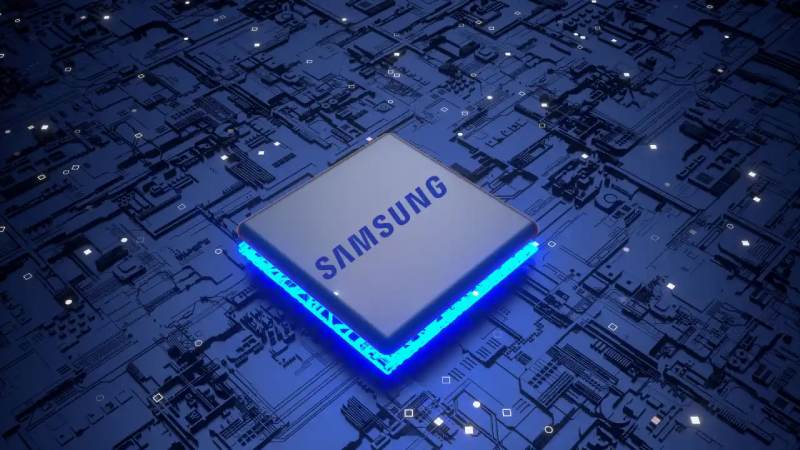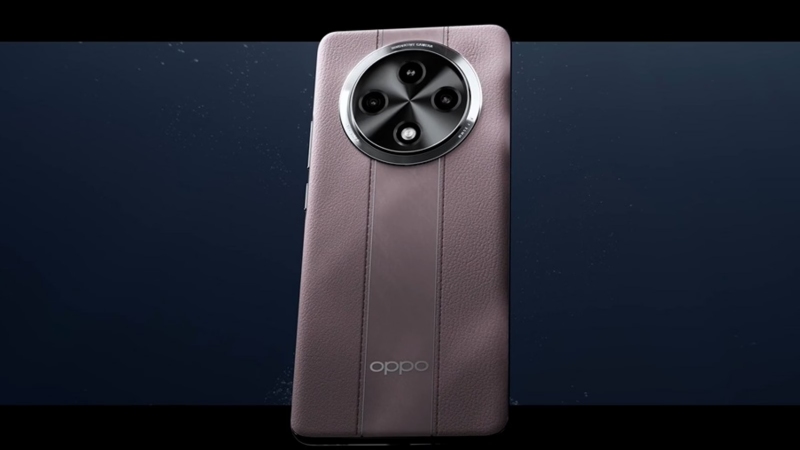Samsung Electronics, a well-known name in the tech sector, is set to introduce its innovative AI accelerator chip, the Mach-1, soon, which is expected to completely transform the AI semiconductor market. At the company’s most recent shareholder meeting, Samsung’s Device Solutions Division chief, Kye Hyun Kyung, made the statement. With this initiative, Samsung is taking a big step towards creating logic chips for AI applications.
The creation of the Mach-1 Chip
The Mach-1 artificial intelligence chip is presently in the advanced phases of development. Field-programmable gate arrays (FPGAs) have been used to rigorously validate the design of the chip. Using LPDDR memory, a special feature that dramatically lowers memory bandwidth needs for inference to roughly 0.125x when compared to conventional architectures, is Samsung’s creative approach with the Mach-1. The Mach-1 is positioned as a lightweight AI processor that doesn’t rely on high bandwidth memory (HBM), which is currently hard to come by and expensive in the market, thanks to its clever usage of LPDDR memory.
The strategic positioning of Samsung
With the Mach-1, Samsung is entering the AI chip market, but it is not directly targeting ultra-high-end products like Nvidia’s H100 or B100 series. Rather, Samsung is concentrating on creating an AI inference accelerator that is built on an ASIC that is optimised for edge computing applications. The company’s focus on cost-effectiveness, small size, and low power consumption is in line with the expanding need for effective AI solutions across a range of industries.
Furthermore, the creation of specialised laboratories for artificial general intelligence (AGI) research in both Korea and the US demonstrates Samsung’s dedication to the advancement of AI semiconductor technology. These labs play a key role in fostering innovation in the development of new processor and memory types that can adapt to the changing processing needs of AGI systems in the future.
Topics #A AI Chip #Launched #Samsung #This Year












